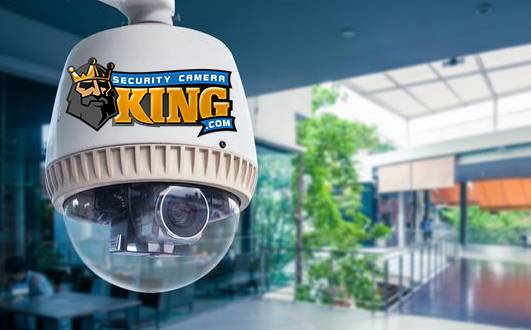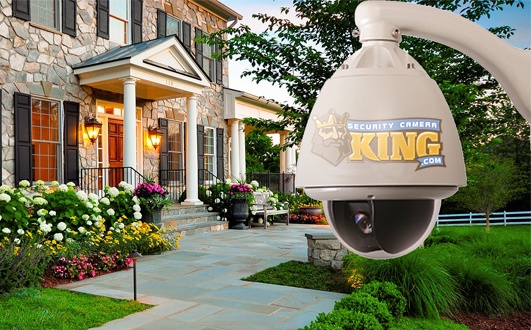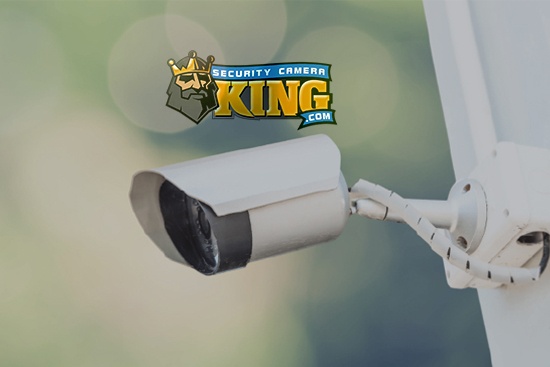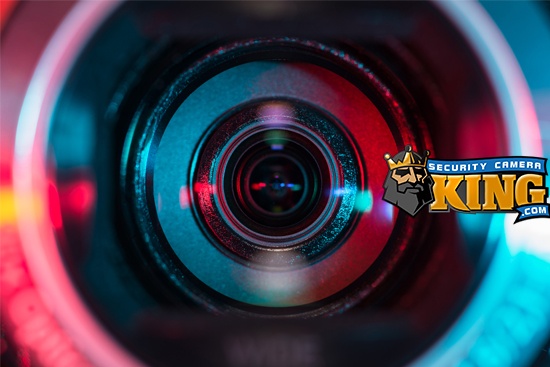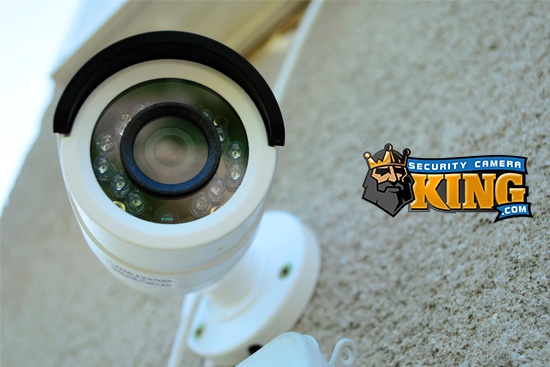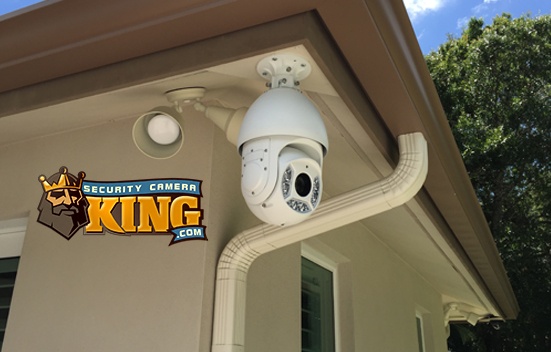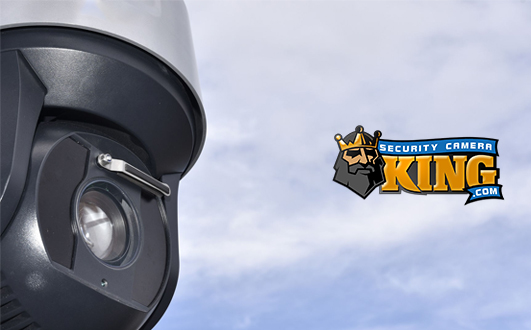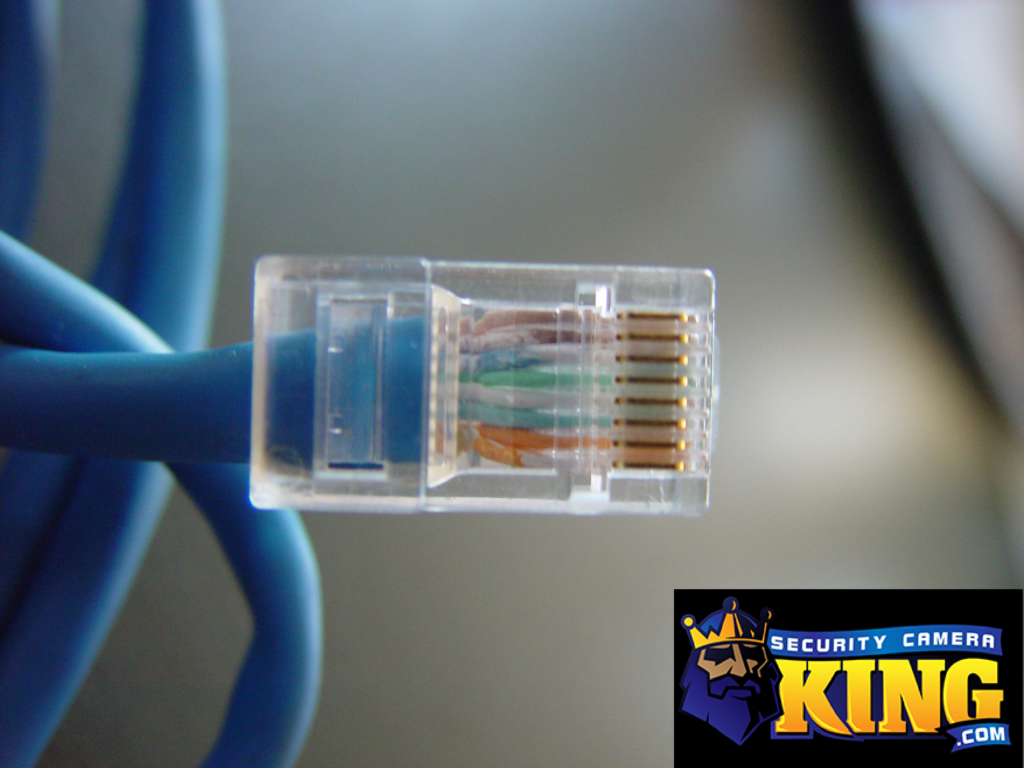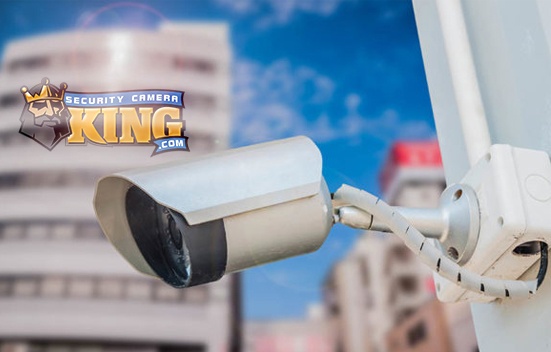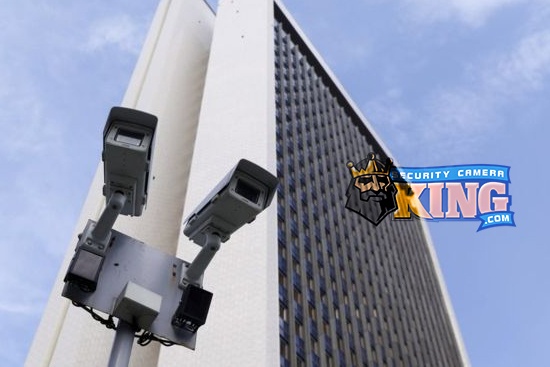When deciding to install a security system, there are many options when it comes to the types of technology available. Especially in the last 5 years, there have been many advancements in the field. One of the biggest topics of discussion is IP Security Systems. They have become far more recommended and ubiquitous as of late. Many people, both novices and experts in the CCTV industry, have questions about IP camera systems and their touted benefits in comparison to more traditional security models.
Security Camera King has been manufacturing and distributing IP security systems since the early days of the technology and offers many scalable IP options for your home or business. If you are unsure if IP is the way to go for you, keep on reading. We will breakdown the basics of an IP system, compare IP to other available technologies, and discuss the benefits you can expect should you choose an IP CCTV security solution.
What is IP Technology?
IP security systems are powered through the internet. IP stands for Internet Protocol, and each camera in your system will have its own unique IP address. Cameras are wired using Ethernet cabling. The two options most commonly used are Cat5e and Cat6 twisted-pair cables. Both are reliable options, with Cat6 providing faster processing speeds at short distances. IP cameras come in many varieties that serve specific purposes including full-color nighttime recording, active deterrence, and fever-detecting options.
What Are The Alternatives?
Since the most rudimentary version of a CCTV system debuted in the early 1920s, security technology has gone through many iterations. There are many technologies that were once seen as the pinnacle of innovation which is now all but obsolete. Because of this, we will not be discussing every single alternative security option available. However, we will take a look at a few other types of security systems that are still commonly employed today and see how they stack up against IP.
Traditional Analog
Analog systems commonly utilize coaxial cabling and analog cameras in a closed circuit which sends all video to a central recorder. They are named because the video is captured as analog data. Only at the recorder is it converted to a viewable digital format. For many years, this was seen as the standard CCTV system. However, the low frame rate, small scope and distance capabilities, and complicated wiring required for analog cameras caused many engineers to look for an alternative.
HDCVI/HDTVI
HDCVI and HDTVI are generally comparable technologies developed by competing CCTV manufacturers in the 2000s. Both of these types of systems are still technically analog and can be run using the same coax wiring as a traditional analog set up. However, the leap in video quality between the two types of systems is significant. HDTVI and HDCVI provide HD video quality with options up to 4 megapixels. So if this is the case, why has the security world been moving away from these systems? The proliferation of IP tech has shown that HDCVI and TVI still have major downfalls.
What Are The Benefits of IP?
Decentralized Security Options
With other cameras, a central Digital Video Recorder (DVR) is absolutely necessary to cache the captured images. Uniquely, many IP cameras are powerful enough to store and process their own video. This gives you the option to completely decentralize your system if need be and solely access your cameras through an internet connection. For some, this is a major draw. However, the processing capabilities of IP cameras are still limited and video often cannot be stored for extended periods of time. In order to fully utilize the features and IP system can support, we recommend connecting your system through a Network Video Recorder (NVR).
NVRs allow you to easily access all of your recordings. One of the most sought after features in an NVR, when compared to a DVR based system, is its ability to record both video AND audio. They also offer you ample storage space to be able to access your videos for many months or years after they have been recorded.
Advanced Analytics
IP systems allow you to utilize advanced analytics in order to optimize your surveillance system. Analytics is software that can either be built into your camera, recorder or can be provided from a third-party source. So what is it? Put simply, analytics is a slew of features that automatically analyze and monitor your footage as it is being taken. For example, motion capture analytics allow your system to be on the lookout for motion in a certain area of your camera’s view. Once motion is identified, you will have options for what response is given. You may choose to receive a simple notification so that you can manually check the cameras. In a high-security scenario however, you can choose to have an alarm automatically sound or lights to flash. Analytics are often marketed as ‘Smart Analytics’ as they give you the ability to automate aspects of your security system.
Compatibility
IP is now seen as the standard in CCTV technology, and it will remain so in the foreseeable future. Because of this, most new equipment and accessories are being designed with IP compatibility in mind solely. Should you choose to network using analog or hybrid tech, you will be hard-pressed to update your system with more powerful cameras and recorders in the long term. IP systems are also far easier to integrate with other security solutions like access control. For smaller home systems, you may be able to get away with using an analog or HDCVI/HDTVI system quite nicely. But if scalability and upgradability are important, IP is definitely the way to go.
So now that you know the basics, you can decide if IP security systems are the way to go for you. Security Camera King offers a variety of IP options including cameras, recorders, wiring, and even full kits with everything needed to establish an IP system. If you still are unsure exactly which security solution would best serve your purposes, you can contact our experienced sales team!

